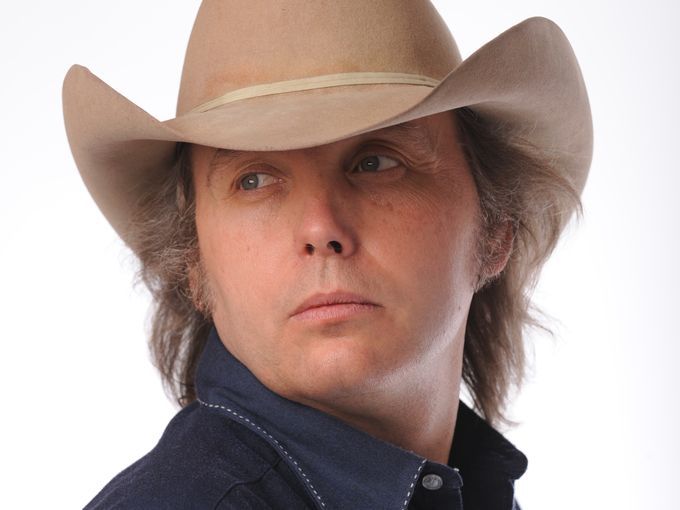
A Lonesome Heartbeat Beneath Neon Lights and Broken Dreams
When Dwight Yoakam first released “Guitars, Cadillacs” in 1986 as part of his major-label debut album Guitars, Cadillacs, Etc., Etc., few could have predicted that this sharply twanging anthem would ignite a full-blown revival of the Bakersfield sound for a new generation. The song climbed steadily up the Billboard Hot Country Songs chart, peaking at No. 4 and cementing Yoakam’s arrival as both a traditionalist and a rebel—a figure rooted in honky-tonk history yet defiantly modern in his attitude and artistry. The 2006 remastered LP version renewed the song’s vitality, polishing its sonic clarity while retaining every ounce of barroom grit that made it timeless.
At its core, “Guitars, Cadillacs” is both homage and reckoning: a loping two-step through heartbreak and self-realization, wrapped in the swagger of Telecaster twang and Bakersfield rhythm. Yoakam’s signature nasal tenor—part high-lonesome ache, part rockabilly snarl—rides atop that driving shuffle with wry self-awareness. The song tells of a man disillusioned by love and life’s illusions, retreating into the familiar arms of country music’s elemental comforts: guitars that cry like human voices, Cadillacs that symbolize freedom and flash, and hillbilly music that redeems the soul by laying it bare.
Yoakam wrote “Guitars, Cadillacs” during his lean years performing in Los Angeles clubs where the country scene was more underground than mainstream. There, among punk bands and misfits, his twang rang out like a ghost from another century—yet it resonated. The irony of the song’s success lies in its rejection of urban sophistication; it is an ode to simplicity, authenticity, and the stubborn persistence of rural identity amid Hollywood artifice. Each verse plays like a confession from a man who once sought glamour but found salvation instead in steel strings and sorrow.
Musically, the track is steeped in the crisp snap of Don Rich–inspired guitar work and a rhythm section that swings with loose precision. Producer Pete Anderson’s electric guitar lines are as integral to the song as Yoakam’s voice—lean, bright, and perfectly syncopated against the singer’s phrasing. This interplay evokes not just Buck Owens or Merle Haggard but also evokes early rock ‘n’ roll’s raw immediacy. In this sense, “Guitars, Cadillacs” bridges eras: the honky-tonk past colliding with a postmodern awareness of image and irony.
Yet beneath its buoyant beat lies emotional gravity. Yoakam isn’t simply glorifying country culture; he’s confronting loneliness within it. The “hillbilly music” he sings about becomes both comfort and curse—a reminder that our cultural roots can rescue us from alienation even as they remind us what we’ve lost. That duality is why “Guitars, Cadillacs” endures: it’s danceable melancholy, swagger turned scripture. In every note of its remastered resurrection lies proof that real country music never dies—it just waits for someone brave enough to play it loud again.